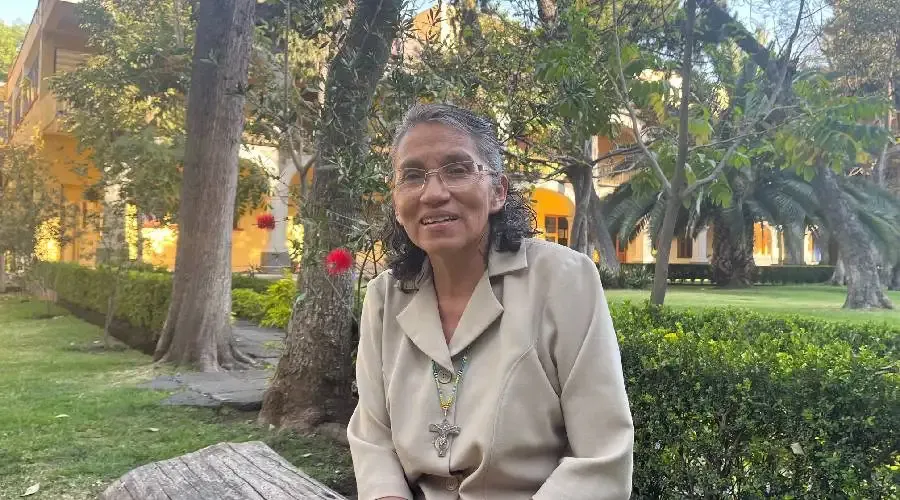Khartoum, 18 March, 2023 / 3:30 pm (ACI Africa).
Sister María del Carmen Galicia, a Mexican nun of the Comboni Missionary Sisters who worked in Sudan, an African country with a 97% Muslim population, stressed that “peaceful coexistence” is possible between the followers of Islam and Christianity.
Speaking with ACI Prensa, ACI Africa's Spanish-language news partner, the nun related that Muslims “come, attend, and participate” in Catholic celebrations, such as marriages and confirmations.
“Then, when it’s Ramadan,” the month dedicated by Muslims to prayer and intense fasting during the day until sunset, “they also invited us to eat with them” in the evenings.
Galicia explained that she lived in the Nuba Mountains region in central Sudan.
“It [was] an abandoned, isolated area: There are no roads, there’s no electricity, there’s no water, there are no essential services, to say nothing of schools! There were no schools or hospitals,” the nun continued.








